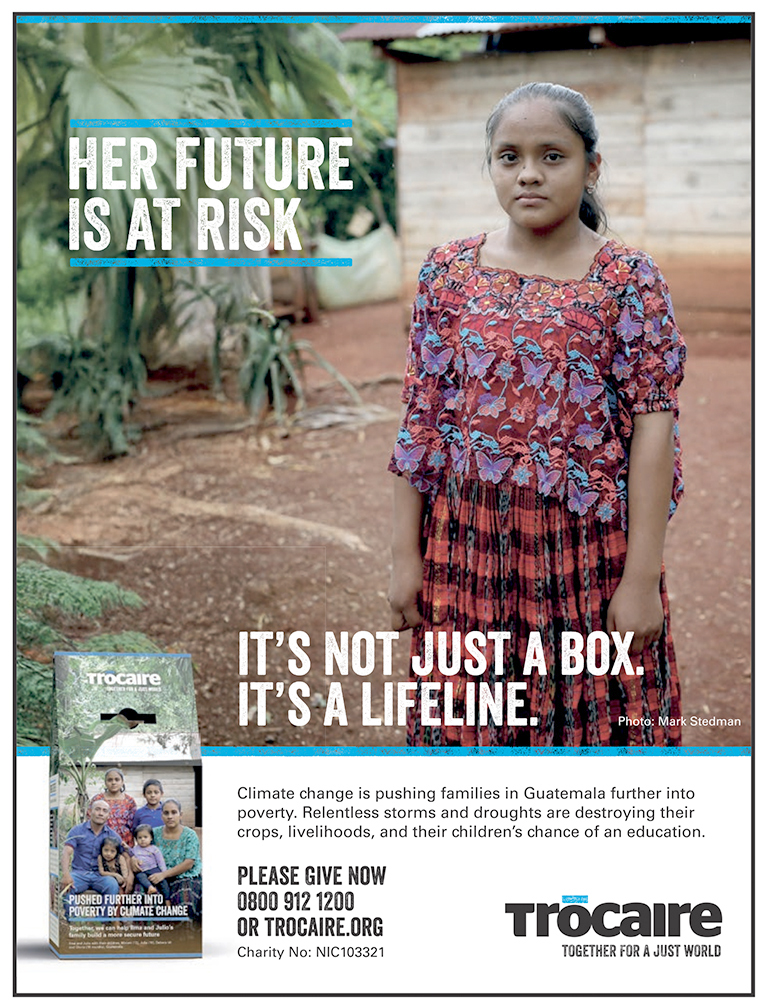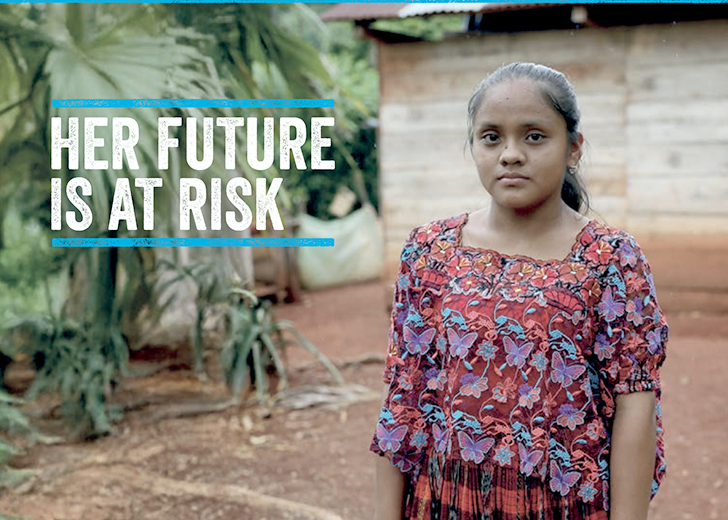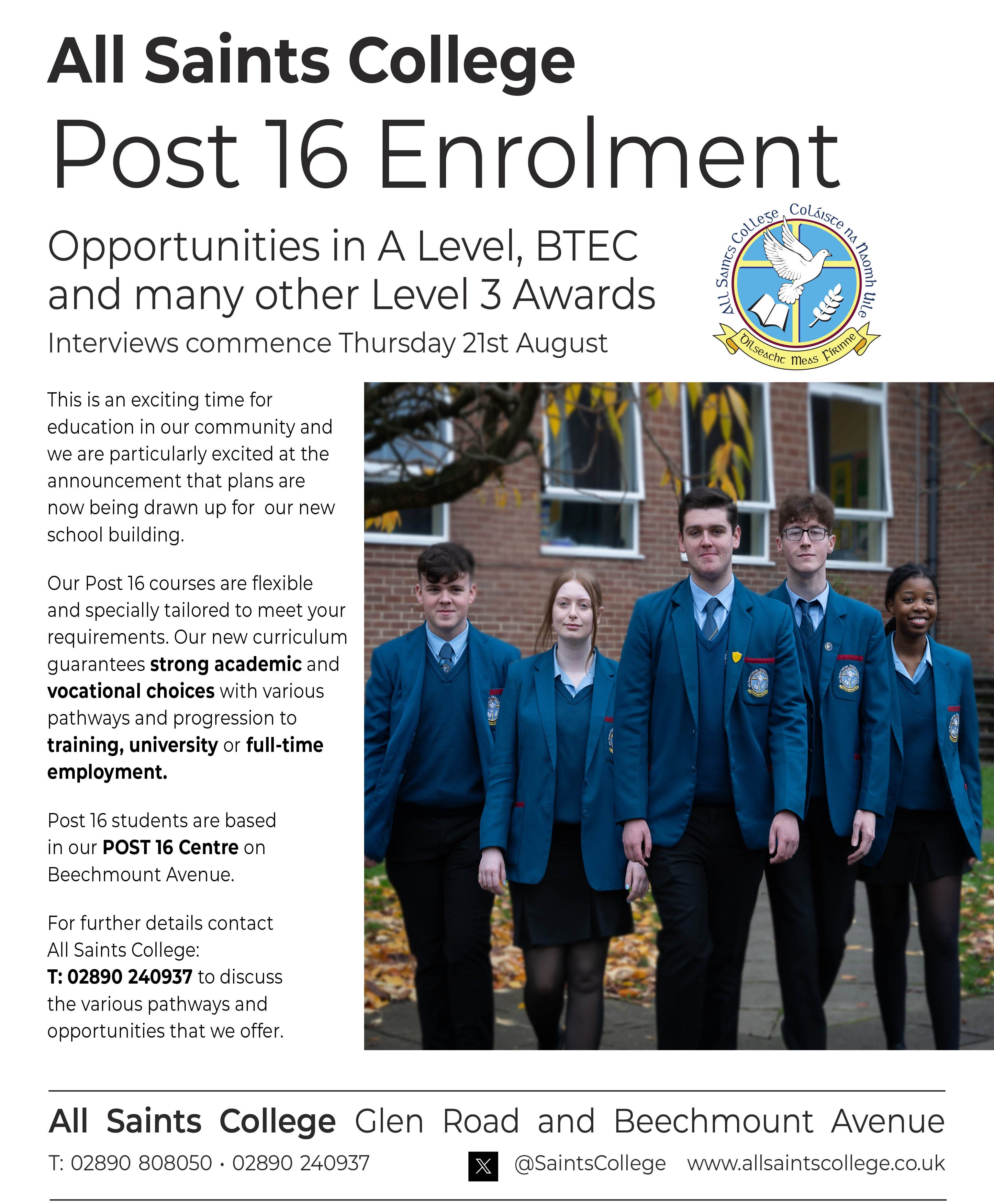THE US, the world's richest country, cancelled 90 per cent of its international aid programme recently. The UK immediately followed by substantially reducing its international aid commitments. This is part of a broader trend which is seeing the world's wealthiest countries halving their support to the world's most vulnerable people, on average. The consequences for millions of people across the world is devastating and the aid sector is proactively working to respond to the cuts and support those most affected.
The cuts are happening at a time when the global need for humanitarian assistance has never been higher and global commitment to addressing this need perhaps never weaker. They occur too at a time of more than 120 armed conflicts globally and increasing evidence of ever more extreme weather-related events attributable to climate change. Conflict and climate change are two of the biggest drivers of displacement and poverty in the world today.
To say that these cuts will be devastating is a vast understatement. Humanitarian programmes that are saving lives have been shut down. In Ukraine, Afghanistan, Gaza and Sudan, millions of people have already lost access to essential food, water, healthcare and shelter services. In Somalia, where Trócaire provides the only healthcare to Gedo, a region the size of Ireland, the USAID cuts have led to the termination of a $1.7m Trócaire project, affecting three health centres. Last month alone, 100 babies were safely delivered in one of the health centres and the maternal mortality rates in the areas served by these centres has fallen dramatically since our health centres opened. These health centres, a lifeline for women, had to close overnight as a result the USAID cuts.
The impact of USAID’s cuts are exacerbated by cuts to aid by the UK, France, Germany, Sweden, Finland, the Netherlands and Switzerland. Trócaire is fortunate to have very strong support from the Irish public and Irish Government, which allows us to weather this storm. However, local grassroots organisations in the countries where we work will be severely impacted, including many local women-centred organisations. These organisations, who have unique access to communities and are able reach to those who need support the most, risk having to close down entirely. They often lack the financial reserves to underwrite financial shocks of this nature, and their closure means certain denial of access to assistance and protection for victims of gender-based violence who depend on them.
The US secretary of State Marco Rubio stated that “every dollar we spend, every program we fund, and every policy we pursue must be justified with the answer to three simple questions: Does it make America safer? Does it make America stronger? Does it make America more prosperous?” Narratives which present Overseas Development Assistance (ODA) as a tool of soft diplomatic power and threaten to transform it into a transactional political tool of hard power must be tackled. ODA is not intended as a lever of either soft or hard power. ODA is an act of solidarity intended to save lives, alleviate human suffering, and promote social justice through respect for the rights of all without distinction. Indeed, drastically cutting ODA will inevitably lead to greater social unrest, conflict and displacement.
It should be noted that the aid sector is not passive but actively organising, with challenges made in US courts to the legality of the Administration’s actions. New and stronger alliances are being built within the sector. Trócaire will continue to play a strong role advocating for principles and rights-based assistance which prioritises support for local organisations, especially women-centred and women-led organisations. We are also working closely with partners to ascertain the impacts of these cuts and the mitigations that can be implemented to try to ensure that those most affected can still be supported.
This is the moment for Ireland to step forward, to be a world leader, and demonstrate that human dignity, gender justice and equality are worth fighting for. It was heartening to hear the Minister for State at the Dept. of Foreign Affairs, Deputy Neale Richmond, reaffirm Ireland’s commitment to an annual increase in our ODA budget towards the target of 0.7% of GNI in the Seanad last week. The integrity of this commitment to the universally agreed target of aid equivalent to 0.7% of GNI international must be protected, as must our other obligation to climate finance.
Ireland, and other EU member states, must provide increased flexibility to partners who are already receiving funding. They must provide the agility to navigate the immediate funding crisis and time to responsibly plan transitions to a much changed funding landscape. It is essential that we prioritise support to protect those people and the organisations who will be most impacted. These include women-centred and women-led organisations; organisations working to defend democratic space and to protect human rights; and organisations providing life-saving humanitarian interventions.
As a country we must stay true to our long-standing commitment, in both word and deed, to multilateralism, international legal norms, principled humanitarian assistance and protection, and the promotion of human rights and sustainable development for all without distinction.
Thanks to our generous donors, the public in Ireland, north and south, Irish Aid and other institutional funders, Trócaire will continue to support our partners as they provide essential services and carry out vital work. In the face of this unprecedented and repugnant attack on the world’s most vulnerable we need the support of the Irish public now more than ever.
To find out more about Trócaire’s work or make a donation to the
Lenten Appeal visit www.trocaire.org or call 0800 912 1200.




